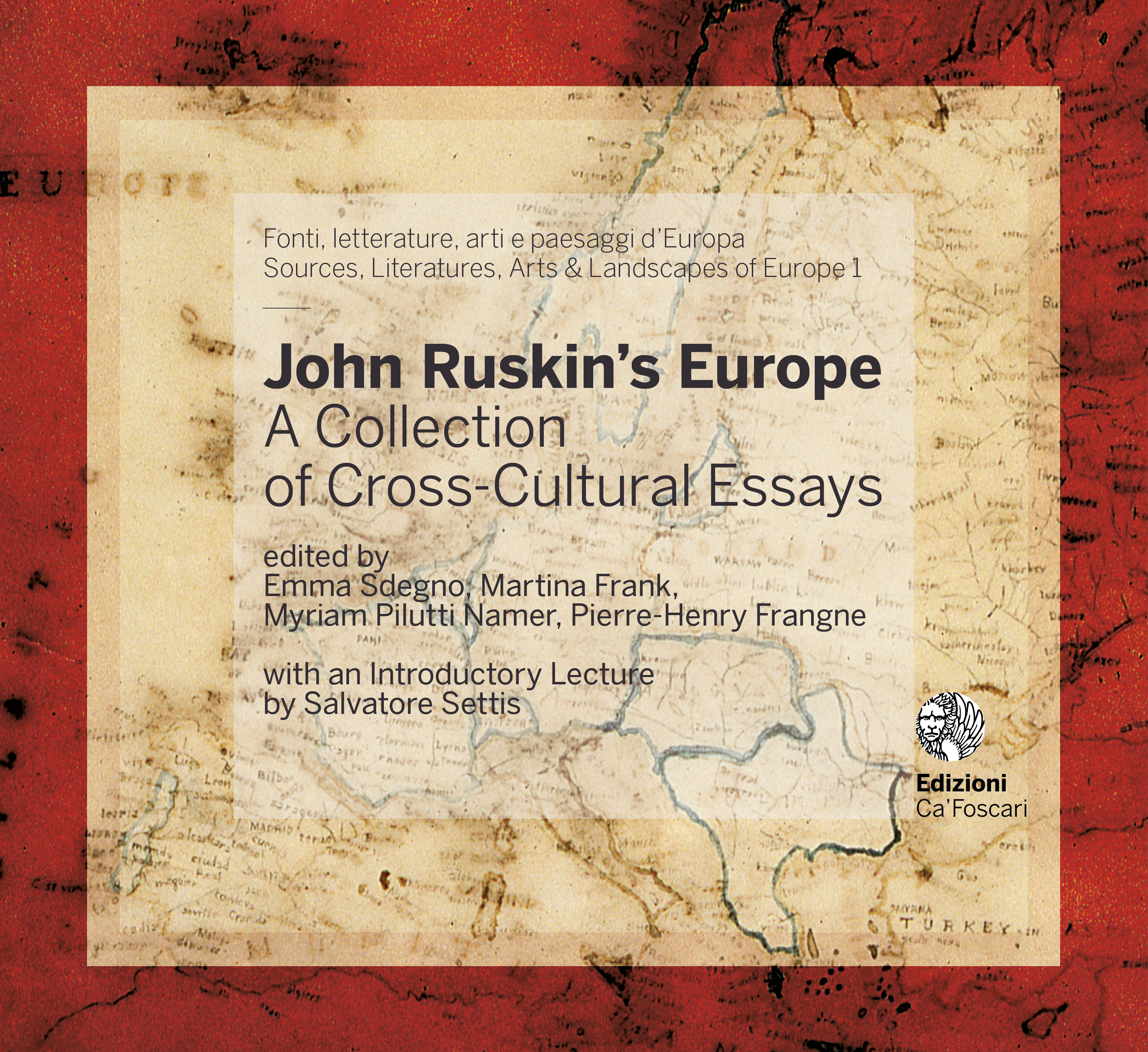- search 315 views
- file_download 21 download
- keyboard_capslock metadata
-
mark_email_readIscriviti alla newsletter
John Ruskin and Kenji Miyazawa
An Idea of Nomin-Geijutsu (Peasant Art) and its European Legacy
abstract
My paper concerns an aspect of Ruskin’s influence on modern Japan, focusing on the life and work of Kenji Miyazawa (1896-1933), poet and author of children’s stories, who organised Rasu Chijin Kyōkai (Rasu Farmers Association) in the poverty-stricken farming communities of northern Japan, Hanamaki, Iwate prefecture, in 1926. The association was arguably influenced by Ruskin’s Guild of St George, as well as by his commitment to the Working Men’s College. Ruskin’s work had been introduced into Japan during the Taishō Era (1912-1926), with quite a few works translated into Japanese, including Unto This Last and Modern Painters.
Keywords: Kenji Miyazawa • Guild of St George • Working Men’s College • John Ruskin • Rasu Chijin Kyōkai (Rasu Farmers Association) • Taishō Era • Nōmin-Geijutsu (Peasant Art) • Modern Japan
